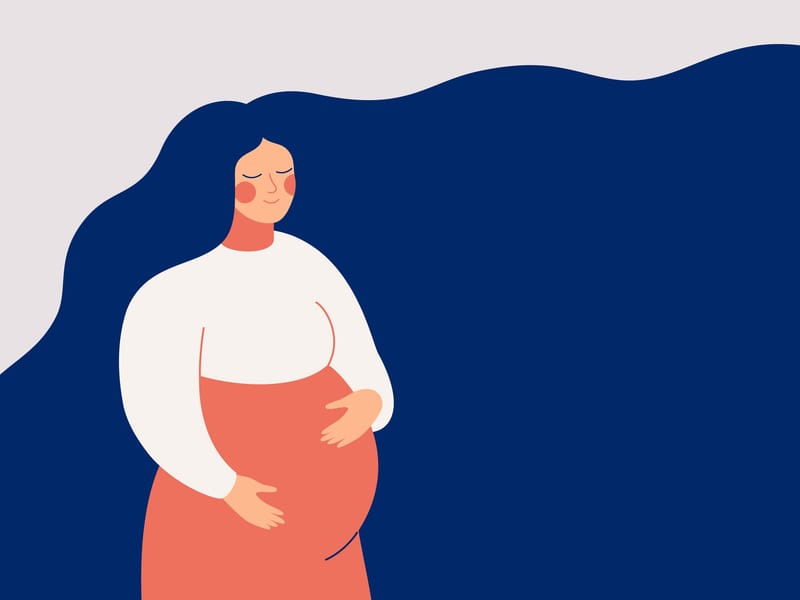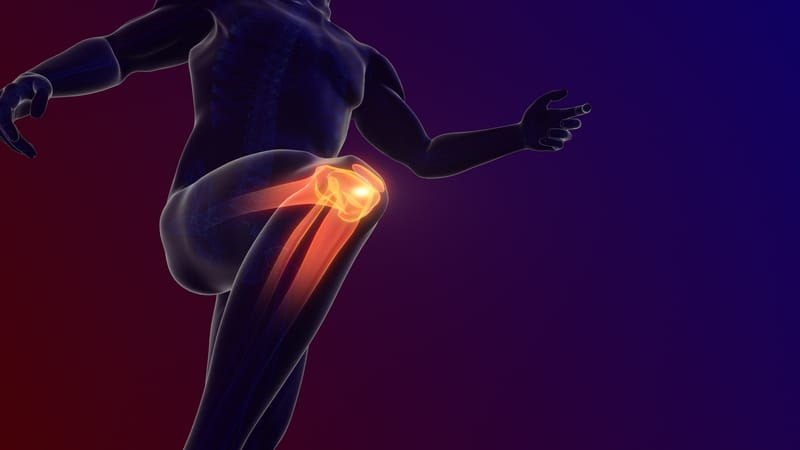
Endometriosis sufferers are, for the first time, getting the attention they deserve. Celebrity disclosures, a UK petition to parliament supporting recognition of the condition as a disability, and social media have brought it to prominent public attention.
In Australia in 2017, Victoria’s first reproductive and sexual health plan included endometriosis, and in 2018, as a result of intense lobbying by advocacy groups and a national cross-party coalition of parliamentary women, Australia’s National Action Plan for Endometriosis, "the first ever blueprint seeking to improve the treatment, understanding and awareness of an often misunderstood and crippling condition" was released.
Endometriosis is a chronic inflammatory gynaecological condition where the tissue that normally lines the uterus grows outside the uterus. The symptoms of endo vary between women but can include:
- pain with menstruation, intercourse, urination, defecation, ovulation
- lower back pain
- chronic pelvic pain
- heavy menstrual bleeding
- gastrointestinal symptoms (like IBS)
- subfertility or infertility
- chronic fatigue.
These symptoms profoundly affect quality of life, relationships, sex and intimacy, and fertility. It affects women, as well as some in the trans community. There is also considerable overlap between the symptoms of endometriosis and IBS, making it difficult to correctly distinguish between the two.
The symptoms of endometriosis can cause people’s social life, employment and study to be curtailed. Combined with the financial implications of ongoing health care, the economic and social costs to individuals of the condition can be very high. Endometriosis is common, affecting, to differing extents, up to 10 per cent of women in Australia.
Women wish to be believed, for shared decision-making and individualised care plans, and for their expertise about their own bodies to be recognised.
Endometriosis is an oestrogen-dependent, inflammatory condition, associated with growth of endometrial-like tissue outside the uterus. There's no known cause or cure. Treatment options are limited – medications that suppress ovarian function for controlling symptoms, such as the oral contraceptive pill, can be unsuitable because of unacceptable side effects, and surgical excision of endometriosis lesions via keyhole surgery (laparoscopy) may be temporary because of regrowth of tissue. Left untreated, damage to pelvic organs from adhesions can be severe and irreversible. Despite this, endometriosis is still not listed as a chronic condition in Australia.
Much has been written about women’s experiences of the condition, and of healthcare for investigations, diagnosis, treatment and symptom management.
A long time can pass between first presenting with symptoms, often in adolescence, and a definitive diagnosis, which requires a laparoscopy. Many women are found to have endometriosis only when seeking treatment for infertility, causing grief that earlier opportunities for treatment were missed.
Women describe experiencing dismissive reactions to their symptoms, such as the pain being "just part of being a woman" or being "weak and letting the pain get to them".
Social stigma surrounding menstruation can limit discussion among peers, family, colleagues and others, prevent understanding of the distinction between normal and abnormal levels of pain, and when to seek medical investigation.
Read more: Does anyone have a pad? TV is finally dismantling the menstruation taboo
Management of symptoms and disability may necessitate prolonged engagement with health services, which are almost universally described as inadequate.
Women and general practitioners participating in our newly-published study described examples of misleading or false information, lack of referral options for affordable specialist and multidisciplinary care, and poor attention to the psychosocial consequences of living with the condition; doctors admitted to uncertainties about the professional capabilities of some members of their own profession. Frustration and helplessness were expressed by both groups of participants in the study.

Clearly, there's room for improvement.
The study participants expressed clear opinions about the models of care they'd like to see.
Women wish to be believed, for shared decision-making and individualised care plans, and for their expertise about their own bodies to be recognised.
Doctors want to have accessible and affordable referral pathways, easy access to accurate information, and tools to assist active management of the condition.
Both groups want access to accurate, up-to-date information, multidisciplinary care, new treatment modalities, and better understanding of how to address the psychosocial consequences of endometriosis.
How can this be achieved?
International research priorities for endometriosis are concentrated on treatments, pathophysiology and epidemiology. Important as these are, definitive outcomes are unlikely to improve the lives of people living with the condition and their care providers in the short term.
In the meantime, sufferers and those caring for them need solutions. Australia’s National Action Plan for Endometriosis lists three priorities:
Priority 1 - Awareness and education
This is essential because a good understanding of menstruation and how to distinguish healthy from unhealthy periods is essential for girls, women and other members of the community, to facilitate early medical investigation, suitable care plans, acceptable long-term management, and to reduce stigma.
Priority 2 - Clinical management and care
This specifies actions related to diagnosis, treatment options, care pathways and clinical guidelines, as well as the provision of ongoing support for people living with endometriosis. People need better access to high-quality primary and specialist care that is acceptable and can improve meaningful outcomes.
Priority 3 - Research
This lists actions related to research, including tailoring of international priorities for the domestic context.
People deserve evidence-based solutions that are acceptable and effective. But what is acceptable, and does the service reform have measurable improvements in biopsychosocial outcomes?
Models of collaborative care that include the patient as collaborator, facilitate access to affordable multidisciplinary care, and promote active participation in decision-making and activities to manage symptoms, treatment and psychosocial challenges, are needed.
Care models should be co-designed with consumers, and tested using rigorous methodology and endometriosis-specific, as well as physician satisfaction and health economic, outcomes.
The groundwork has been laid. Now is the time for action to improve the lives of those affected by endometriosis.
With Sarah Dwyer and Renea Camilleri (Jean Hailes for Women’s Health)





